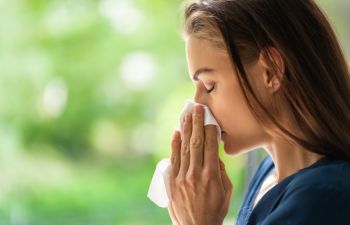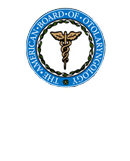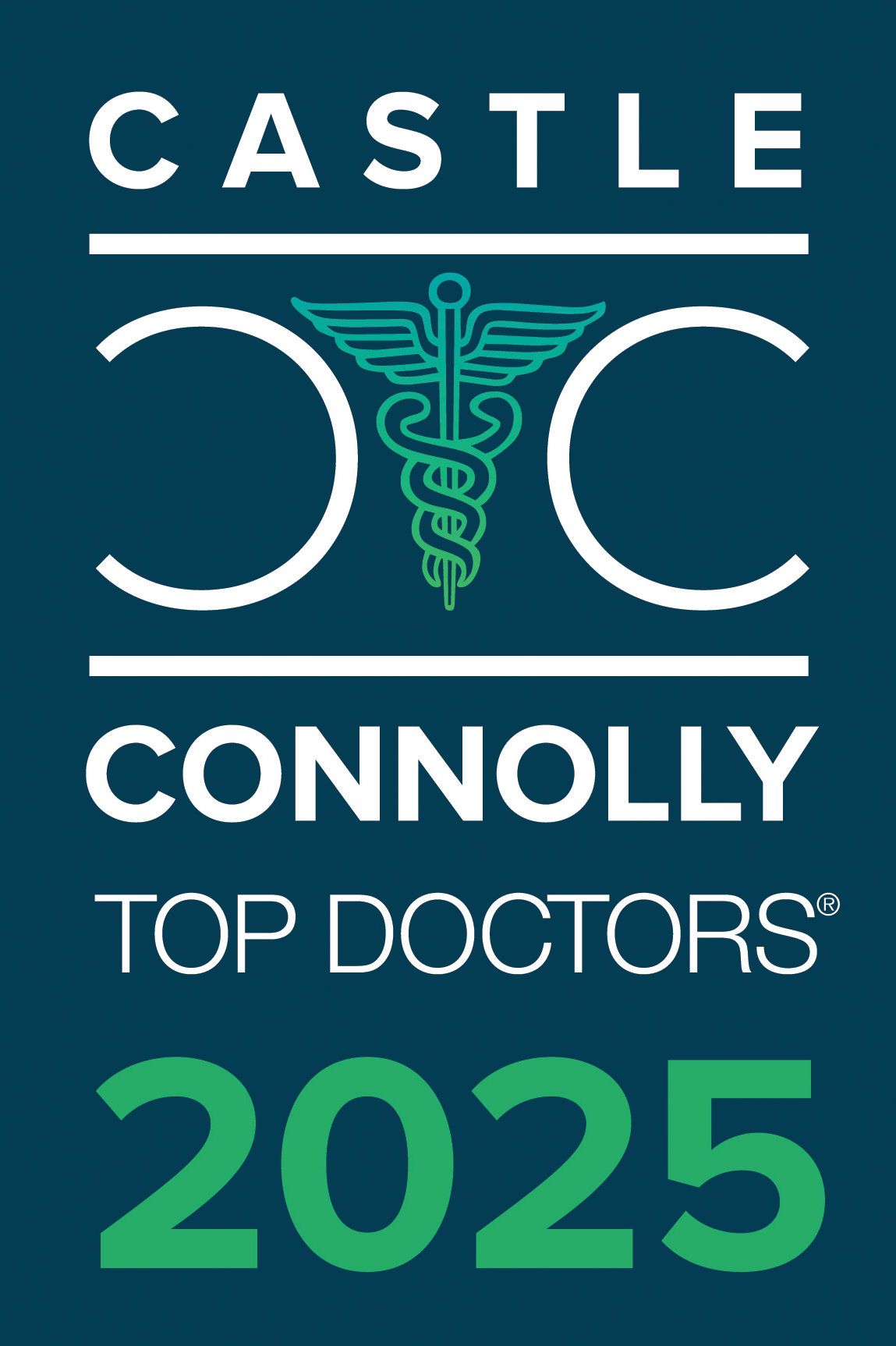Understanding the Impact of Climate Change on Rhinologic Diseases
As experts in rhinology at Open Sinus in New York, we are always keen to share emerging research that impacts our understanding of rhinologic diseases. A recent study, spearheaded by Dr. Jean Kim, a renowned rhinologist at John Hopkins, in collaboration with members of the American Rhinologic Society’s allergy and immunology section and John Hopkins climate scientists, has provided groundbreaking insights into the connection between climate change, environmental shifts, and rhinologic disorders.
The Link Between Climate Change and Allergic Diseases
This study, based on a comprehensive literature review, observed that the rate of increase in allergic diseases over the past 80 to 100 years mirrors the rate of temperature rise during the same period. This correlation is significant as it suggests that the changing climate could be a contributing factor to the increased prevalence of allergic rhinologic conditions.
Climate Change’s Effects on the Environment and Rhinologic Diseases
The team found a direct relationship between climate change and specific rhinologic diseases. The changes in global temperatures have led to alterations in the environment that exacerbate conditions such as allergic rhinitis, sinusitis, and other nasal disorders. These environmental changes include longer pollen seasons and increased air pollution, which are known triggers for allergic reactions and respiratory problems.
The Need for Further Study and Better Healthcare Infrastructure
Despite these findings, there is a pressing need for more detailed research. The study emphasizes the importance of an improved healthcare infrastructure that can facilitate clear diagnoses, monitor patient outcomes, and establish comprehensive databases accessible to scientists and healthcare professionals. Such infrastructure is crucial for deepening our understanding of how climate change is impacting rhinologic diseases.
Implications for Patients and Healthcare Providers
For patients suffering from allergies and sinus issues, these findings underscore the importance of being aware of environmental factors that may exacerbate their conditions. It also highlights the need for healthcare providers to consider these broader environmental changes when diagnosing and treating rhinologic diseases.
Our Role at Open Sinus
At Open Sinus, we are committed to staying at the forefront of research and treatment in our field. We understand the importance of considering all factors, including environmental and climatic changes, in the treatment of our patients. Our team is dedicated to providing the best care and advice, taking into account the latest research and trends in climate science as it relates to rhinologic health.
Need to Improve Your Sinus Health? Call Our New York Clinic
This recent research collaboration is a call to action for the medical community, policymakers, and individuals alike. As we continue to witness the effects of climate change, it is vital that we adapt our healthcare practices to address these evolving challenges. For those suffering from allergic and sinus-related conditions, understanding the impact of environmental changes is key to managing their health effectively.
Stay informed and proactive about your sinus health. If you are experiencing heightened allergic reactions or sinus issues, consider scheduling a consultation at Open Sinus, where we are equipped to provide you with the latest in care and treatment, tailored to the changing world we live in.













